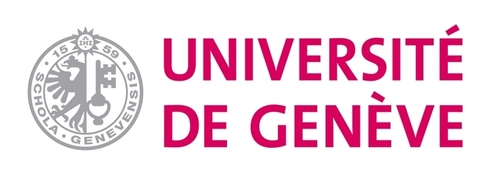Continuing education of healthcare professionals and access to specialized advice are keys to improve the quality, efficiency and accessibility of health system. In developing countries, these activities are usually limited to capitals, and delocalized professionals do not have access to such opportunities, or even to didactic material adapted to their needs. This limits the interest of such professionals to remain active in the periphery, where they are most needed to implement effective strategies for prevention and first-line healthcare.
The core activity of the RAFT is the webcasting of interactive courses targeted to physicians and other care professionals, the topics being proposed by the partners of the network. Courses are webcast every week, freely available, and followed by hundreds of professionals who can interact directly with the teacher. 70% of these courses are now produced and webcast by experts in Africa. A bandwidth of 30 kbits/second, the speed of an analog modem, is sufficient, and enables the participation from remote hospitals or even cybercafés.
Other activities of the RAFT network include medical tele-expertise, tele-ultrasonography, and collaborative development of educational on-line material.
The network is currently organized and run by more than 40 national coordinators throughout Africa, and by a coordination team based in Geneva. In each of the partner countries, the RAFT activities are supervised by the focal point, a medical authority (usually a university professor) that links the project to the national governmental bodies (ministry of health, ministry of education). A local medical coordinator (a junior physician) and a technical coordinator take care of the day-to-day operations, including communication with the care professionals, identification of training needs, technical training and support of the various sites within the country.
Key partnerships include the Université Numérique Francophone Mondiale (UNFM) and the World Health Organization (WHO). The RAFT is recognized as an official WHO collaborating center for eHealth and Telemedicine.


